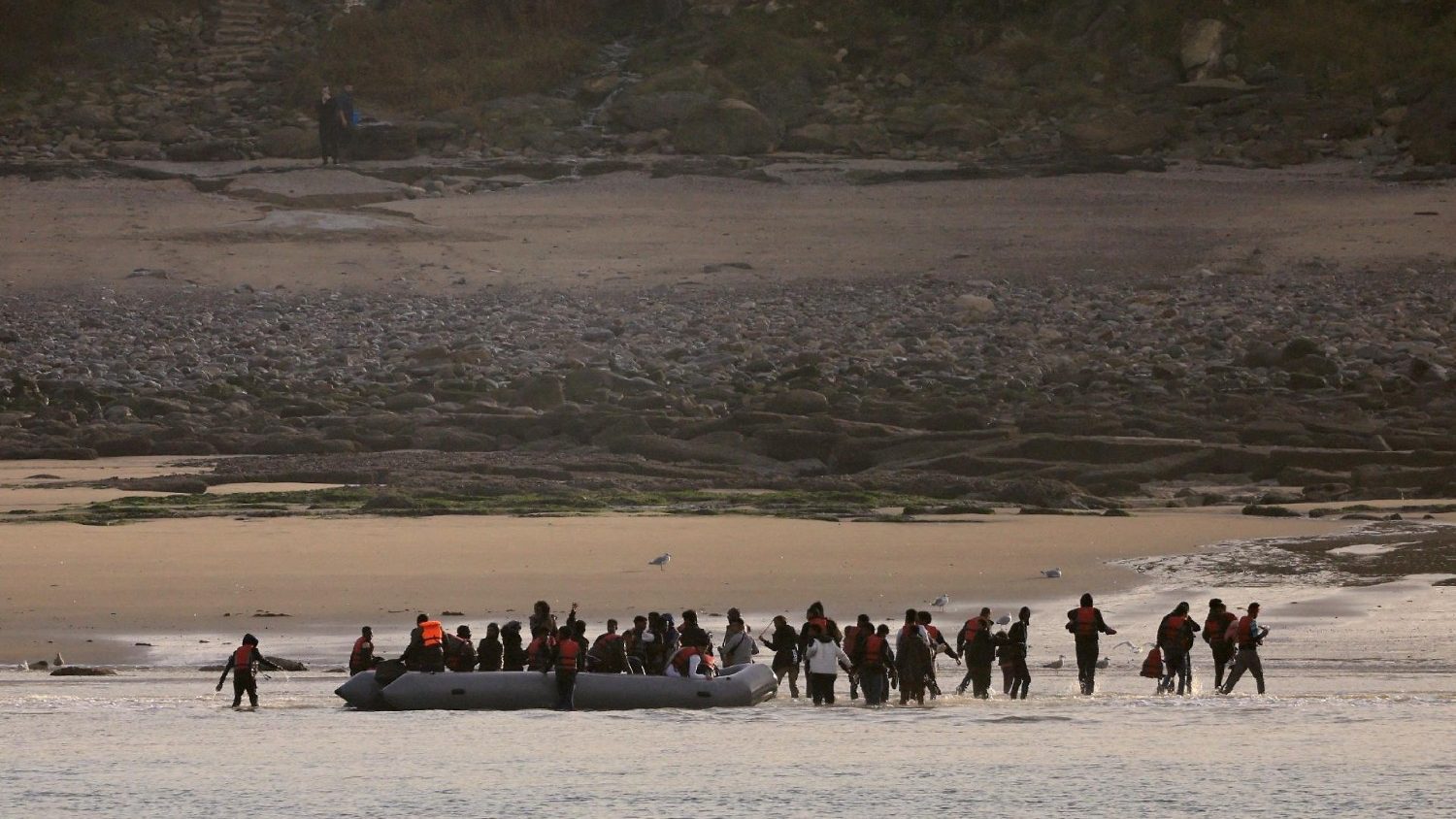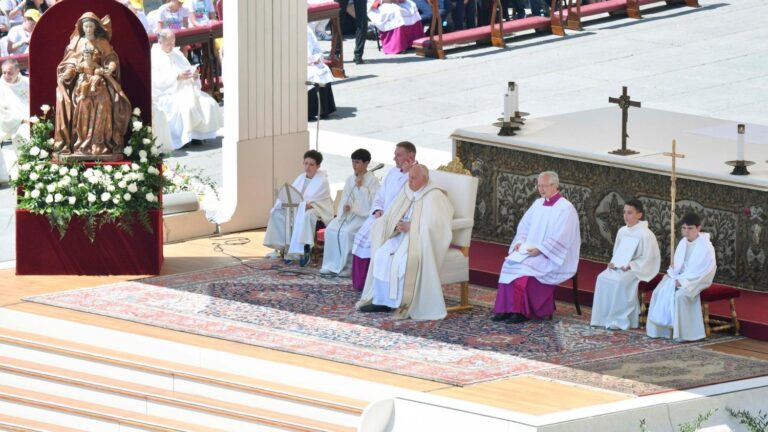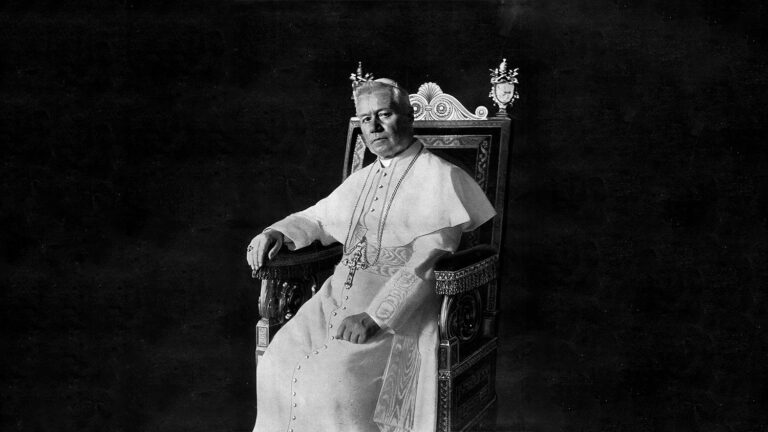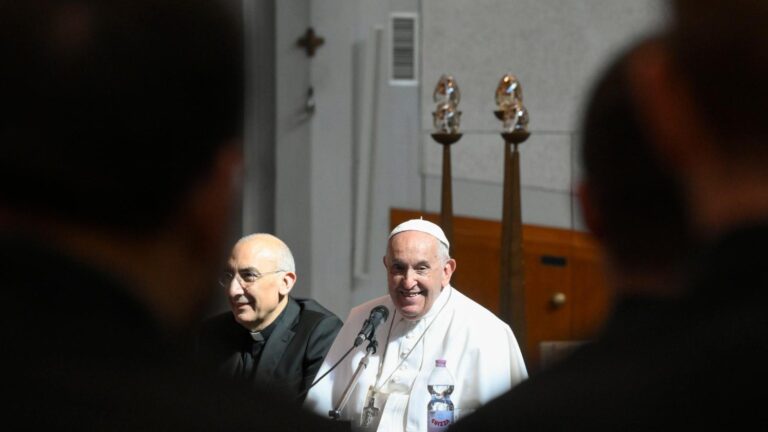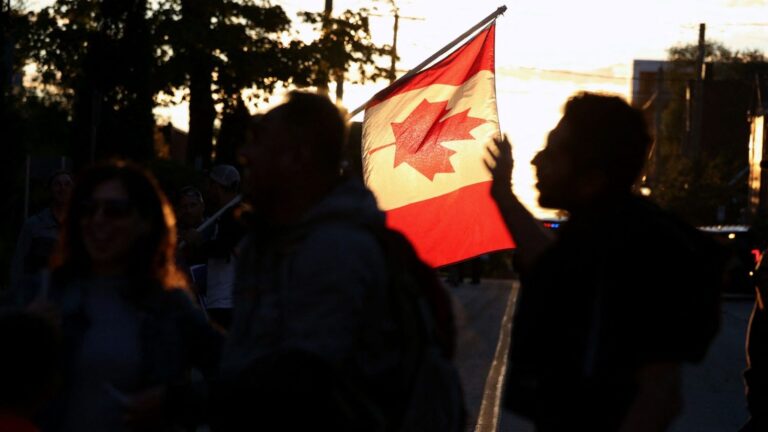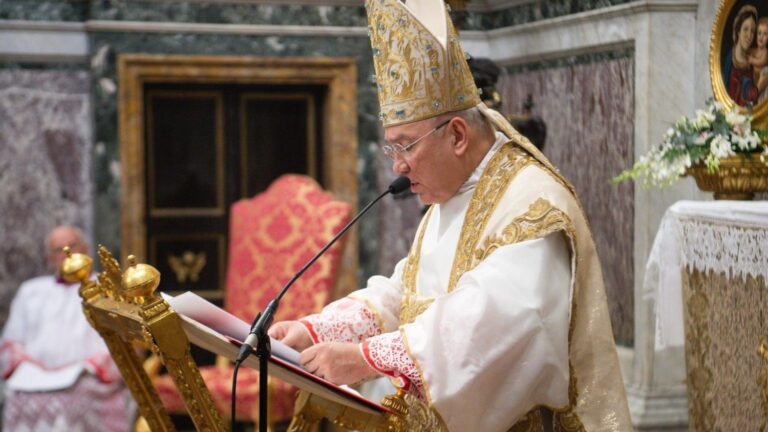CAFOD: UK’s Rwanda deportation plan misguided approach to humanitarian crisis
Vatican news
The recent British decision to approve legislation allowing the deportation of asylum seekers to Rwanda has drawn condemnation from humanitarian organizations including CAFOD, the aid agency for the Catholic Church in England and Wales.
By Linda Bordoni
Reacting to the British Parliament's approval on Tuesday morning of legislation to send some asylum seekers to Rwanda, CAFOD said it was a “disappointment on many levels”.
Speaking to Vatican Radio/Vatican News, Neil Thorns described the plan as lacking compassion and international accountability.
“At CAFOD, we are disappointed that this bill passed and we are disappointed on many levels. I don't think this shows the care and compassion that Pope Francis – and others – are calling for. we grant to those fleeing situations of conflict and distress,” he said.
Thorns not only highlighted the bill's failure to take into account Christian values and the Pope's call to “welcome, protect, integrate and promote” our brothers and sisters on the move, but he also highlighted the disconnect between the bill and the feelings of the people. The British, noting the widespread welcome given to refugees from regions like Ukraine.
“Where we've seen people coming from Ukraine or other countries, people have welcomed those refugees,” Thorns remarked, adding “I don't think that reflects the mood and situation of the country.”
Distort the problem
Stressing that the bill distorts the problem of the refugee crisis, which in reality sees the majority of displaced people seeking refuge in neighboring countries rather than in Europe, the director of advocacy and communication of CAFOD deplored the neglect of the UK in its duty to support vulnerable populations and called for a fairer distribution of responsibilities.
“We know that the vast majority of people who are fleeing conflict, economic hardship and everything else, are largely going to countries neighboring those they are fleeing. They are not coming to Europe.”
He acknowledged that the adoption of the legislation contradicted the principles set out in the new European Union Pact on Asylum and Migration, which emphasizes shared responsibility between member states, and criticized the British government's reluctance to fulfill its obligations, particularly in light of its significant resources. and the potential ability to help.
“You know, we are the country that has the most resources to help and so we should share our fair share of the burden,” he said.
Asked whether Prime Minister Sunak's claim that the proposal would deter migrants from undertaking dangerous journeys was true, Thorns expressed skepticism and questioned the effectiveness of such deterrent measures.
“If you're in a situation where you're willing to risk your life on these horribly fragile, overloaded boats and often without proper rescue tools, I don't see that this kind of distant potential threat is going to change your mind,” he said. he observed: “And that’s simply not true!”
Respect for dignity
In conclusion, Thorns expressed his belief that there can and should be legal humanitarian policies to protect vulnerable people.
“I think there can be legal humanitarian avenues for people to come. Requests can be assessed, as they should under international law,” he said, explaining that in this type of framework, migrants and asylum seekers can either be welcomed or sometimes, if they are not, accompanied with respect for their dignity, according to the terms of international law. different solutions.
It “really doesn’t seem right,” he added, to prioritize deterrence over compassion while ignoring international obligations, and to resort to punitive measures to address the causes under – underlying movements.
“It doesn’t seem like the right thing to do to offer people a different alternative to this horrible journey across the Channel.”
Vatican news
sc
